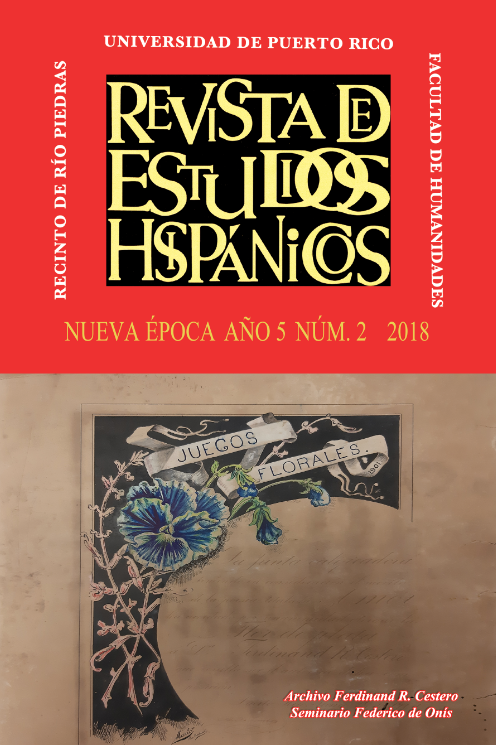Abstract
The purpose of this investigation was to analyze leísmo in the Puerto Rican dialect of the Spanish language primarily from a syntactic focus, but along with an analysis of the interface between syntax, semantics, and pragmatics, in the use of the unstressed, personal pronoun in the dative case in the third person, and the second person in the formal context. In the data from two corpora of Puerto Rican Spanish it was found that the socio-linguistic behavior of this phenomenon in Puerto Rican Spanish is similar to that of other regions in the American continents that have been studied.This work is licensed under a Creative Commons Attribution-NonCommercial 4.0 International License.
Downloads
Download data is not yet available.

